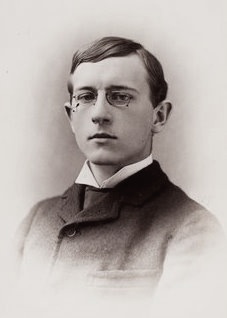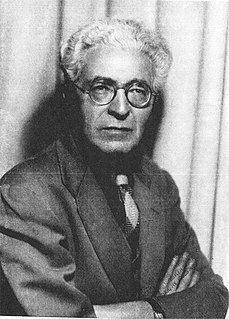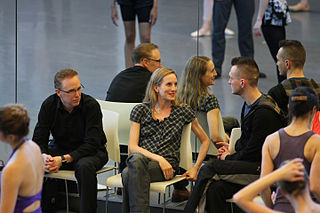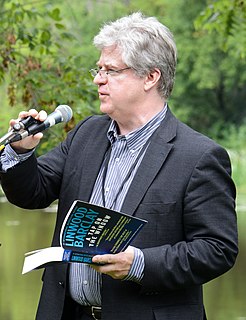A Quote by George Pierce Baker
In the best farce today we start with some absurd premise as to character or situation, but if the premises be once granted we move logically enough to the ending.
Related Quotes
The myriad-minded man, our, and all men's, Shakespeare, has in this piece presented us with a legitimate farce in exactest consonance with the philosophical principles and character of farce, as distinguished from comedy and from entertainments. A proper farce is mainly distinguished from comedy by the licence allowed, and even required, in the fable, in order to produce strange and laughable situations. The story need not be probable, it is enough that it is possible.
No, you don't have to start your play with a premise. You can start with a character or an incident, or even a simple thought. This thought or incident grows, and the story slowly unfolds itself. You have time to find your premise in the mass of your material later. The important thing is to find it.
With any television series - and it's something that is taken for granted with movies because you have the whole arc within two hours - you establish who the character is and it's a two-dimensional version, or if you're lucky, a two and a half-dimensional character. Once you establish that, you can move forward and break all the rules. Once the audience has accepted who the person is, then you can do the exact opposite. What makes it funny and interesting is doing the opposite.
I was lucky enough to be able to do comedies, dramas, completely different parts. At the beginning, when you start you have a fantasy that you could be somebody else. Which is absurd. That's part of being an actor. It's your voice, it's the way you move, it's your body, even if you transform it, you play with it.
As Karl Marx once noted: 'Hegel remarks somewhere that all great, world-historical facts and personages occur, as it were, twice. He forgot to add: the first time as tragedy, the second as farce.' William Jennings Bryan and the Scopes trial was a tragedy. The creationists and intelligent design theorists are a farce.



































